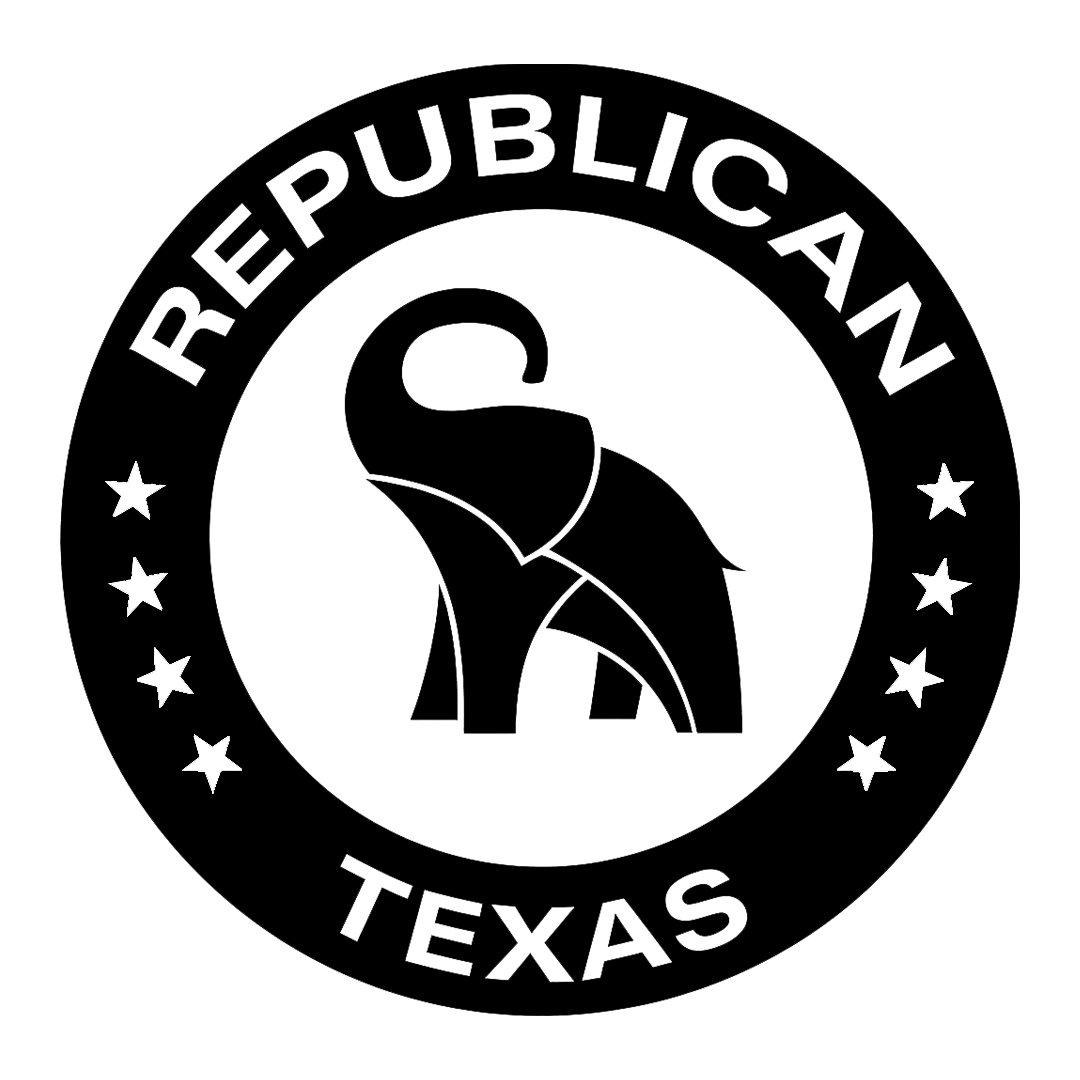US President Donald Trump has announced a new wave of import tariffs. From October 1, a 100 percent duty will hit imported branded and patented medicines if a company does not operate a factory in the United States.
Washington will also impose a 25 percent tax on heavy-duty trucks. Kitchen and bathroom cabinets will face a 50 percent levy. Trump introduced the industry-specific measures on Thursday.
He wrote on his Truth Social platform that a “large-scale flooding” of products from abroad made the tariffs necessary. He insisted that American manufacturers must be protected.
The move comes despite warnings from US businesses, which urged the White House not to impose further duties.
Pharma sector faces targeted measures
Neil Shearing, chief economist at Capital Economics, said the step was less dramatic than it first appeared. Generic medicines are exempt, along with companies that already manufacture in the US.
He noted that many of the world’s biggest pharmaceutical firms already produce in the United States or have announced plans to expand.
Ireland’s Trade Minister Simon Harris pointed to the August 21 agreement between the EU and the US. He said the deal capped any new tariffs on European pharmaceutical exports at 15 percent.
According to the United Nations, the UK exported medicines worth more than six billion dollars to the US last year.
A separate US-UK trade deal signed in June promised “significantly preferential treatment outcomes on pharmaceuticals.”
A UK government spokesperson called Trump’s decision concerning. Britain, the spokesperson said, is in close contact with Washington and will continue talks in the coming days.
British drugmakers strengthen US investments
GlaxoSmithKline already operates production sites in the United States. Last week, the firm pledged to invest 30 billion dollars in research and manufacturing there over the next five years.
AstraZeneca also runs American facilities. In July, the company said it would invest 50 billion dollars in the US by 2030.
William Bain, head of trade policy at the British Chambers of Commerce, stressed that UK pharmaceutical companies had already made substantial US investments. These commitments, he said, should shield them from new duties.
Several drugmakers have recently withdrawn planned investments from the UK. They cited a poor environment for the industry.
Jane Sydenham, investment director at Rathbones, said the shift toward the US was a crucial factor. She argued that Trump’s agenda, rather than Britain’s low growth, was driving uncertainty and investment decisions.
Duties extended to trucks and furniture
The new tariffs on heavy-duty trucks will protect US producers from unfair foreign competition, Trump said. The move will support firms such as Peterbilt and Mack Trucks.
He also announced tariffs on kitchen and bathroom cabinets and other furniture. He argued that high import volumes were damaging American manufacturers.
Beginning next week, Washington will impose a 30 percent duty on upholstered furniture.
Swedish furniture group Ikea said the measures make business operations more difficult. The company added it is closely monitoring the situation.
Tariffs as a pillar of Trump’s second term
Tariffs remain central to Trump’s economic strategy. In early August, sweeping levies on more than 90 countries took effect. The goal is to boost jobs and domestic production.
Previously, Trump imposed sector-specific tariffs on steel, copper, aluminium, cars and auto components.
This year, the US Chamber of Commerce urged the White House to hold back on new tariffs. The group noted that many truck parts are sourced from Mexico, Canada, Germany, Finland and Japan.
Mexico and Canada alone accounted for more than half of all US imports of medium and heavy truck parts last year. The chamber warned it was unrealistic to expect these parts to be sourced domestically, which would increase costs.
Experts warn of rising prices
Trade specialist Deborah Elms from the Hinrich Foundation said the new duties favour American producers but are “terrible” for consumers. Prices, she warned, will inevitably rise.
She explained that the tariffs cover more products and higher rates than Trump’s earlier reciprocal measures, which targeted trade imbalances.
Elms added that the industry-specific tariffs could serve as a fallback option. They could generate revenues if broader duties on global trading partners are struck down in court.


